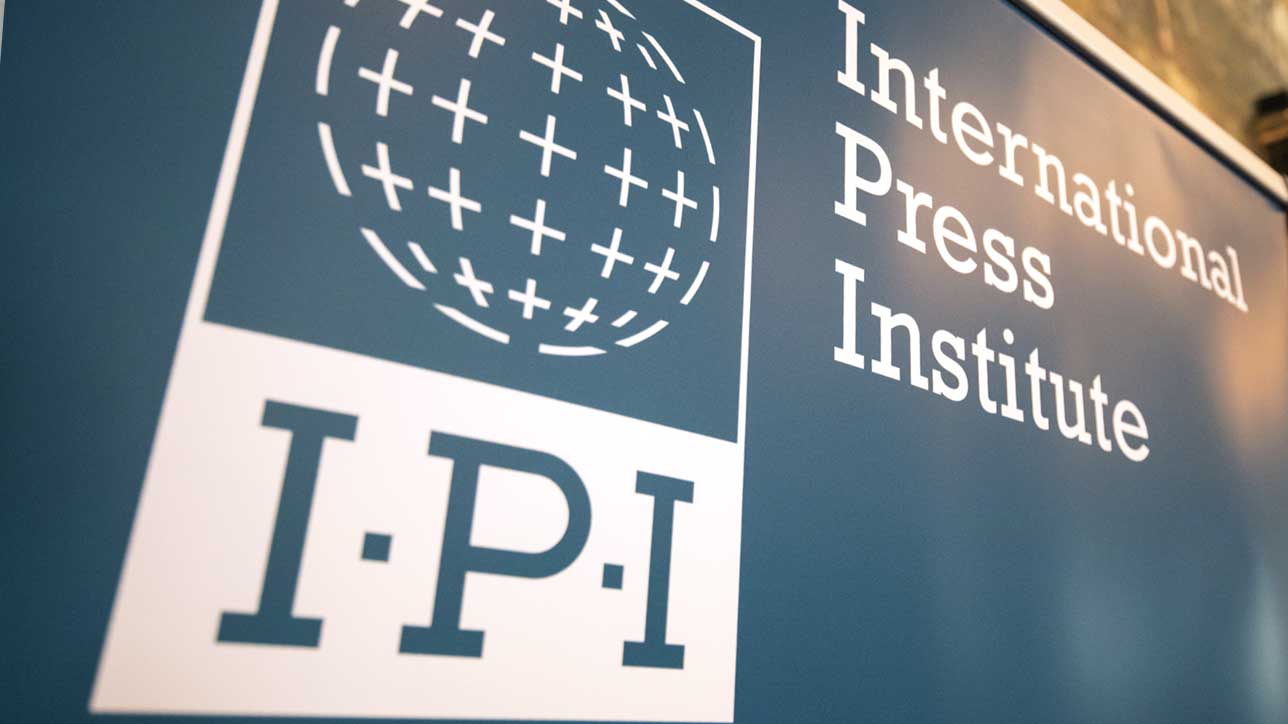IPI trains journalists on ethics
The International Press Institute Nigeria (IPI) yesterday began a two-day training for senior journalists on how to avoid ‘Slapp Suites’ and remain ethical in the profession. The training, which is organised with the support from MacArthur Foundation demonstrated how government, politicians, and influential citizens frequently employ ‘Strategic Lawsuits Against Public Participation (SLAPP)’ as a tool […]

The International Press Institute (IPI)
The International Press Institute Nigeria (IPI) yesterday began a two-day training for senior journalists on how to avoid ‘Slapp Suites’ and remain ethical in the profession.
The training, which is organised with the support from MacArthur Foundation demonstrated how government, politicians, and influential citizens frequently employ ‘Strategic Lawsuits Against Public Participation (SLAPP)’ as a tool of repression to subvert ethical journalism.
Participants were told that adhering to ethical standards is the best course of action for media outlets and journalists when dealing with SLAPP.
The Board Chairman of IPI Nigeria, Malam Kabiru Yusuf, enjoined participants to take advantage of the programme by adhering to ethical standards in the discharge of their responsibilities to avoid running foul of the law.
Africa’s challenges not too big to solve — Obasanjo
Birmingham City confirm Rooney as new manager
IPI Nigeria President, Mojeed Musikilu, stated that the seminar was organised to discuss the problems of unethical conducts and how to make the media better in delivering professionalism.
He said, “We have been discussing laws, problems of unprofessional conduct and all of that. We are hoping that in the end, our colleagues will be more professional.
“We are hopeful that we’ve been able to discuss all of these problems that are mitigating against the Nigerian Journalism sector.”
Prof. Abigail Ogeezzy-Ndusika, who went through the Media Codes and Ethics with the senior journalists, emphasised that they should interpret and report the truth, strive for accuracy, fairness, and disclosure of facts, while trying to avoid suppressing pertinent available facts.
“The fact that we are meant to expose things does not mean we should invade people’s privacy. Make every effort to provide a fair chance for a response,” she said.
Meanwhile, the President of the Nigerian Guild of Editors (NGE), Mr. Eze Anaba, said “There’s nothing as good as talking about problems and constantly looking for solutions. I believe that at the end of the two-day seminar, I’m sure that we will all go back and be better and more professional.”
He advised journalists to be as professional as possible in the discharge of their duties.
Mr. Femi Adesina, a former media aide to ex-president Muhammadu Buhari, however, emphasised that for journalists to be professional, there has to be continuous training with basic requirements and qualifications.
